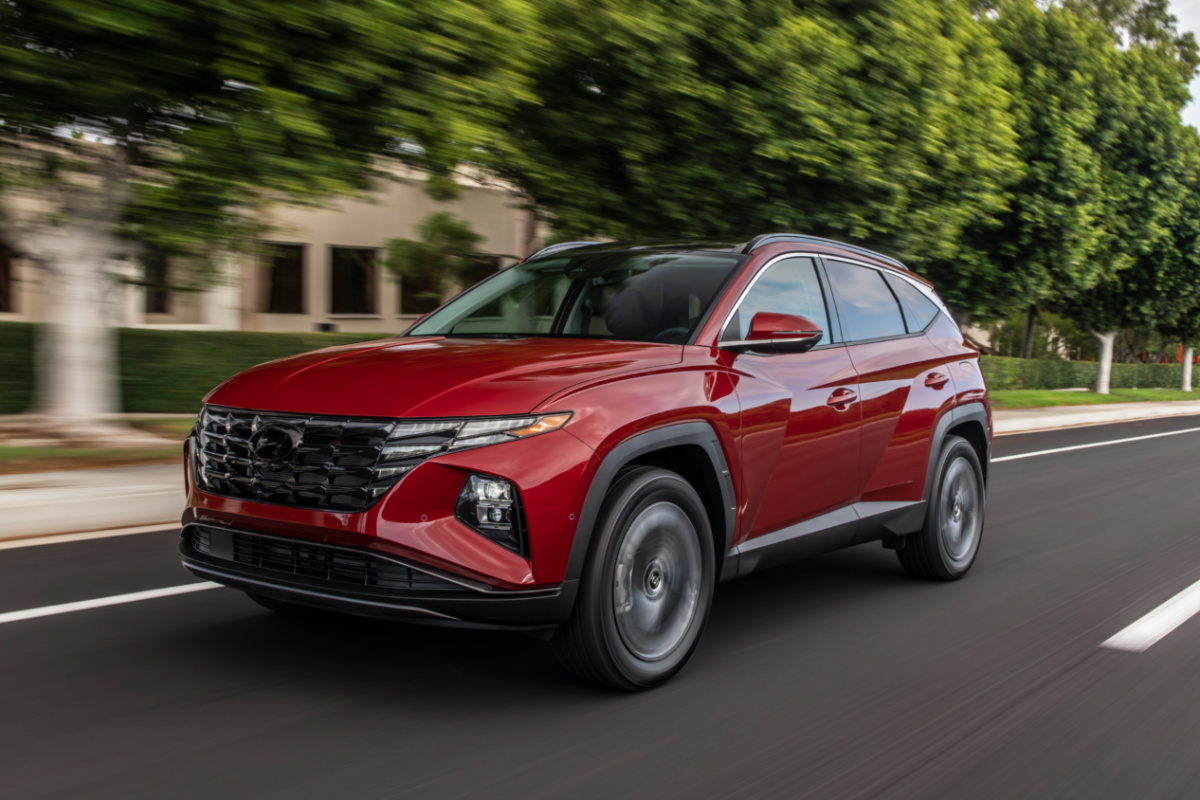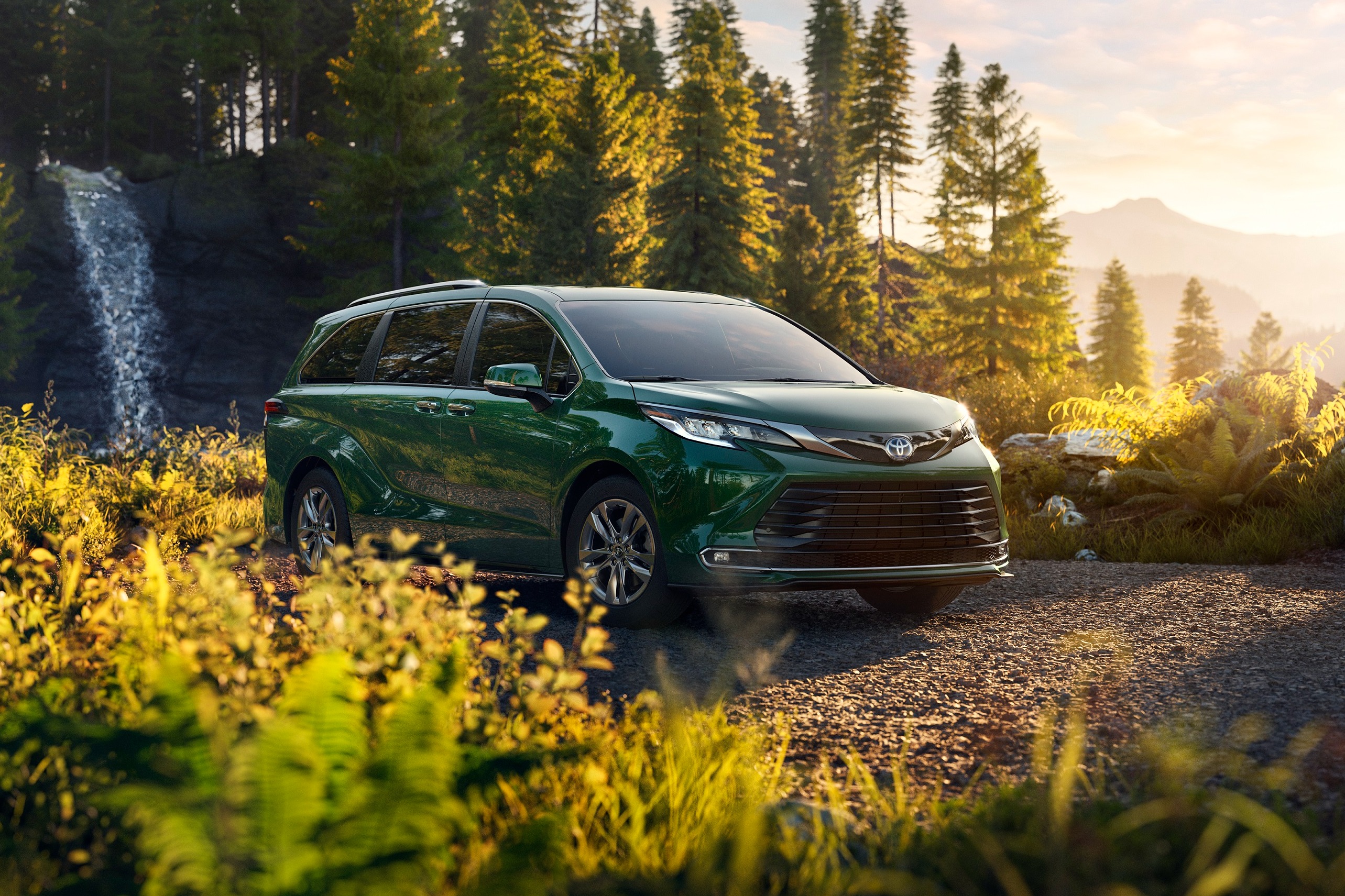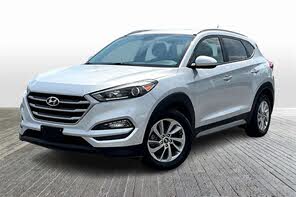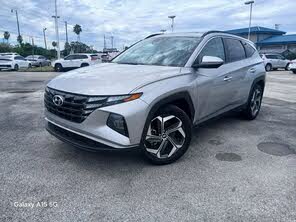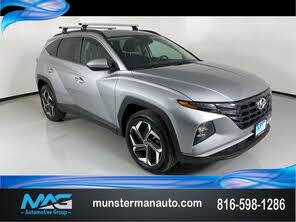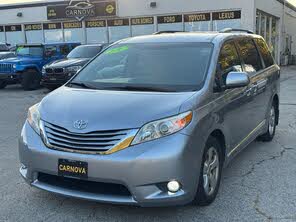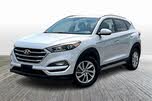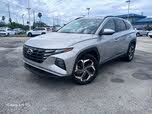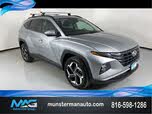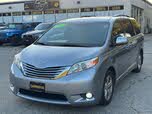Hyundai Tucson vs Toyota Sienna
Overview | |
MSRP$27,500 | MSRP$39,485 |
Listings9727 | Listings9414 |
Ratings & Reviews | |
User Reviews | User Reviews |
Expert reviews8.5 out of 10 | Expert reviews6.3 out of 10 |
Pros
Cons
| Pros
Cons
|
Reviews SummaryWith the growth and evolution of the compact SUV market, shoppers have seemingly endless options. And the growth of this segment has allowed for different models to grow in their own unique ways. The Mazda CX-5 is upscale and athletic, while the Ford Bronco Sport is a surprisingly capable off-roader. So what if you aren’t seeking a well-honed niche vehicle? What if you are looking for a small SUV that’s and overall great vehicle? The 2024 Hyundai Tucson answers that question as a well-rounded compact SUV that doesn’t excel in any one particular area, but instead covers a lot of what modern consumers demand out of their vehicle. This format is one that has been embraced by perennial segment standouts like the Toyota RAV4 and Honda CR-V. Verdict: The Tucson is a well-rounded small SUV and a good value. It does not shine in any particular area, instead blending good performance with a comfortable and spacious cabin, impressive tech and safety features, and an attractive price tag. | |
Reviews SummaryIn addition to promising 35 to 36 mpg in combined driving, the 2025 Sienna distinguishes itself in several ways. First, it offers an available all-wheel-drive system for extra traction. Second, a Woodland Edition trim level provides half an inch of extra ground clearance for light off-roading capability. Third, while its maximum cargo capacity measurement falls short of rivals, you never need to remove the second-row seats to use it. Verdict: Saving money on gas, making life simpler, and the option of AWD ruggedness are all good things in a minivan, and they make the Toyota Sienna worth considering if you’re also looking at cars such as the Chrysler Pacifica, Honda Odyssey, and Kia Carnival. | |
No video found | |
Popular Features & Specs | |
Engine2.5L 187 hp I4 | Engine2.5L 245 hp I4 Hybrid |
Drive TrainFWD | Drive TrainFWD |
Seating Capacity5 | Seating Capacity8 |
Horsepower187 hp @ 6100 rpm | Horsepower |
EV Battery Capacity | EV Battery Capacity1.9 kWh |
MPG City25 | MPG City36 |
MPG Highway32 | MPG Highway36 |
Engine | |
Engine Name2.5L 187 hp I4 | Engine Name2.5L 245 hp I4 Hybrid |
Torque178 lb-ft @ 4000 rpm | Torque |
Horsepower187 hp @ 6100 rpm | Horsepower |
DrivetrainFWD | DrivetrainFWD |
Fuel Economy | |
EV Battery Capacity | EV Battery Capacity1.9 kWh |
MPG City25 | MPG City36 |
MPG Highway32 | MPG Highway36 |
Interior | |
Seating Capacity5 | Seating Capacity8 |
Safety | |
Front Crash Overall5 | Front Crash Overall4 |
Side Crash Overall | Side Crash Overall5 |
Dimensions & Capacity | |
Cargo Space38.7 cu ft | Cargo Space33.5 cu ft |
Curb Weight3346 lbs | Curb Weight4610 lbs |
Height65.6 in | Height68.5 in |
Length182.3 in | Length203.7 in |
Width73.4 in | Width78.5 in |
Wheelbase108.5 in | Wheelbase120.5 in |
Maximum Payload1283 lbs | Maximum Payload1560 lbs |
Number of doors4 | Number of doors4 |
Maximum Towing Capacity2000 lbs | Maximum Towing Capacity3500 lbs |
Standard Towing Capacity2000 lbs | Standard Towing Capacity |
Overview | ||
MSRP | $27,500 | $39,485 |
Listings | ||
Ratings & Reviews | ||
User reviews | ||
Expert reviews | 8.5 out of 10Read full review | 6.3 out of 10Read full review |
Pros & cons | Pros
Cons
| Pros
Cons
|
Summary | With the growth and evolution of the compact SUV market, shoppers have seemingly endless options. And the growth of this segment has allowed for different models to grow in their own unique ways. The Mazda CX-5 is upscale and athletic, while the Ford Bronco Sport is a surprisingly capable off-roader. So what if you aren’t seeking a well-honed niche vehicle? What if you are looking for a small SUV that’s and overall great vehicle? The 2024 Hyundai Tucson answers that question as a well-rounded compact SUV that doesn’t excel in any one particular area, but instead covers a lot of what modern consumers demand out of their vehicle. This format is one that has been embraced by perennial segment standouts like the Toyota RAV4 and Honda CR-V. Verdict: The Tucson is a well-rounded small SUV and a good value. It does not shine in any particular area, instead blending good performance with a comfortable and spacious cabin, impressive tech and safety features, and an attractive price tag. | In addition to promising 35 to 36 mpg in combined driving, the 2025 Sienna distinguishes itself in several ways. First, it offers an available all-wheel-drive system for extra traction. Second, a Woodland Edition trim level provides half an inch of extra ground clearance for light off-roading capability. Third, while its maximum cargo capacity measurement falls short of rivals, you never need to remove the second-row seats to use it. Verdict: Saving money on gas, making life simpler, and the option of AWD ruggedness are all good things in a minivan, and they make the Toyota Sienna worth considering if you’re also looking at cars such as the Chrysler Pacifica, Honda Odyssey, and Kia Carnival. |
Video | No video found | |
Popular Features & Specs | ||
Engine | 2.5L 187 hp I4 | 2.5L 245 hp I4 Hybrid |
Drive Train | FWD | FWD |
Seating Capacity | 5 | 8 |
Horsepower | 187 hp @ 6100 rpm | |
EV Battery Capacity | 1.9 kWh | |
MPG City | 25 | 36 |
MPG Highway | 32 | 36 |
Engine | ||
Engine Name | 2.5L 187 hp I4 | 2.5L 245 hp I4 Hybrid |
Torque | 178 lb-ft @ 4000 rpm | |
Horsepower | 187 hp @ 6100 rpm | |
Drivetrain | FWD | FWD |
Fuel Economy | ||
EV Battery Capacity | 1.9 kWh | |
MPG City | 25 | 36 |
MPG Highway | 32 | 36 |
Interior | ||
Seating Capacity | 5 | 8 |
Safety | ||
Front Crash Overall | 5 | 4 |
Side Crash Overall | 5 | |
Dimensions & Capacity | ||
Cargo Space | 38.7 cu ft | 33.5 cu ft |
Curb Weight | 3346 lbs | 4610 lbs |
Height | 65.6 in | 68.5 in |
Length | 182.3 in | 203.7 in |
Width | 73.4 in | 78.5 in |
Wheelbase | 108.5 in | 120.5 in |
Maximum Payload | 1283 lbs | 1560 lbs |
Number of doors | 4 | 4 |
Maximum Towing Capacity | 2000 lbs | 3500 lbs |
Standard Towing Capacity | 2000 lbs | |

By: CarGurus + AI
At CarGurus, our team of experienced automotive writers remain at the heart of our content operation, conducting hands-on car tests and writing insightful guides that are backed by years of industry experience. To complement this, we are harnessing AI to make our content offering more diverse and more helpful to shoppers than ever. To achieve this, our AI systems are based exclusively on CarGurus content, ratings and data, so that what we produce is both unique to CarGurus, and uniquely helpful to car shoppers.
